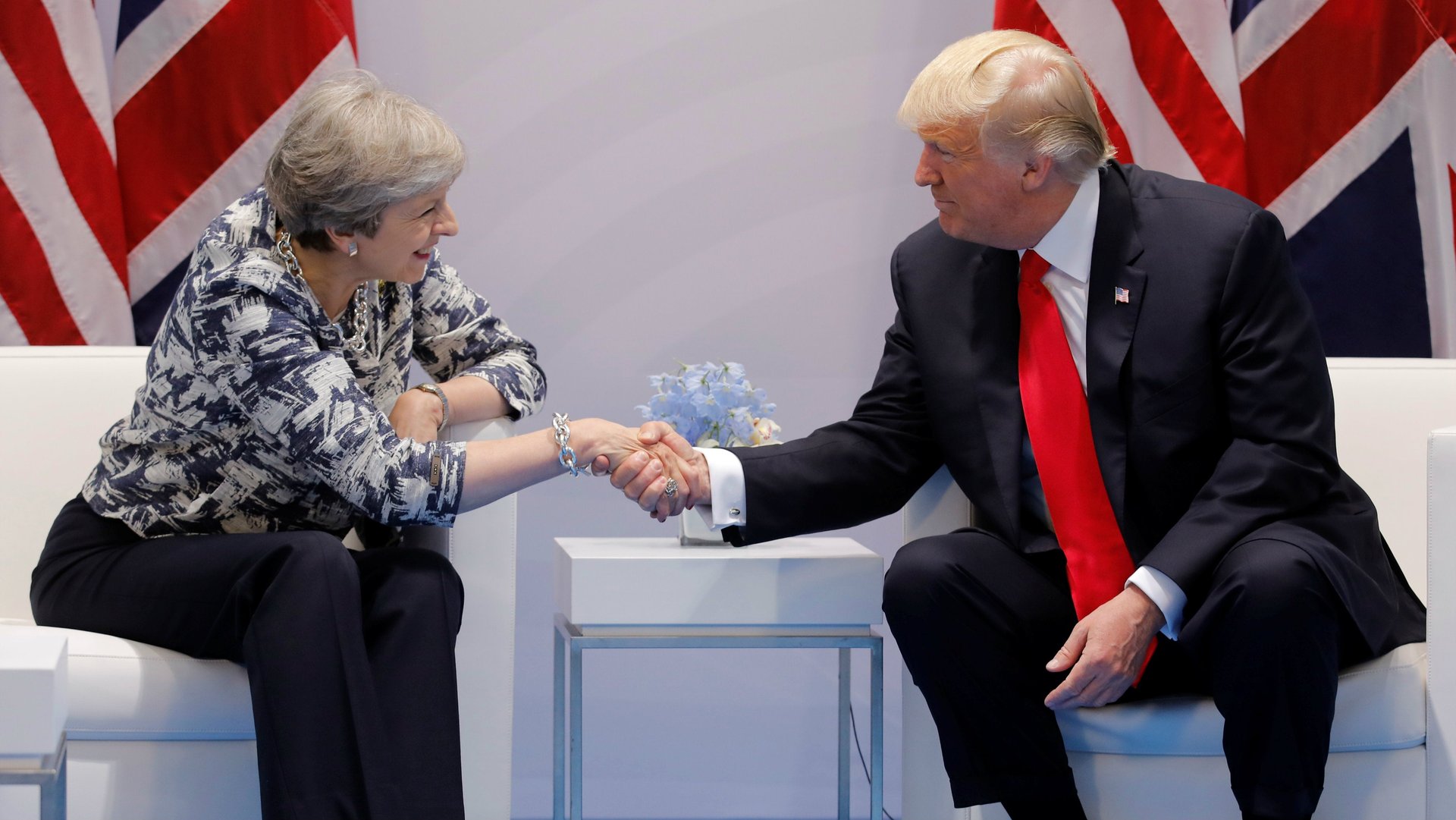The two biggest problems posed by Brexit for the US are rarely spoken about
Britain faces huge economic headwinds when it comes to Brexit as it spends just over 15 months trying to negotiate a deal on exiting the European Union. Trade and immigration have large focal points for talks, but one of the biggest and most complex problems the UK will have to solve with the EU is what happens about security and defense.


Britain faces huge economic headwinds when it comes to Brexit as it spends just over 15 months trying to negotiate a deal on exiting the European Union. Trade and immigration have large focal points for talks, but one of the biggest and most complex problems the UK will have to solve with the EU is what happens about security and defense.
A new report by the nonprofit RAND Corporation, which gets around half of its funding come from the US government, points out how the UK negotiates a security deal will greatly concern the US, which voluntarily works with the EU and its members on data sharing to monitor people of interest and prevent the spread of terrorism.
“The US will greatly miss the influence and global perspective that the UK brings to EU decision-making, particularly around security and defense,” said Charles Ries, a vice president at RAND and lead author of the report, which looks into how different Brexit scenarios will affect the UK, EU, and US.
“In fact, the UK’s EU membership often ensured that EU measures did not undermine NATO and the strong transatlantic partnership. The economic impact from Brexit is very much a secondary concern for the US.”
While the EU will not want to lose its access to UK data on criminal matters, and vice versa, there are questions over how this will continue following Brexit. The UK will also have to think about how it can maintain direct access to Europol databases, which are vital to gaining information on criminals or spotting red flags when it comes to national security.
The US and UK have always maintained that they have a “special relationship” and are usually steadfast in supporting one another on the political stage, even if they occasionally they bicker.
But one thing that the UK will have to give up, regardless of its talks, is its seat and “influence and perspectives” at the EU’s decision-making table. For example, even if Britain ended up having security, trade, and immigration arrangements similar to what it has now, once Brexit happens, it relinquishes its right to discuss and vote on EU policy decisions. And this is the second greatest concern for the US, according to the Rand report:
“Moreover, by many accounts British influence in Brussels helped restrain other EU member states’ efforts to create EU-only operational headquarters for fledgling common defense initiatives, which might have undermined parallel NATO structures.”
In addition, the report points out that because the UK is in a unique situation where it doesn’t have to depend on Russia for gas supplies, it would’ve been able to have a different voice and approach toward matters regarding Russia.
“This strategic independence, its nuclear deterrent and the UK’s global outlook as a permanent member of the UN Security Council, have allowed it to support strong and consistent policies with respect to Russia.”